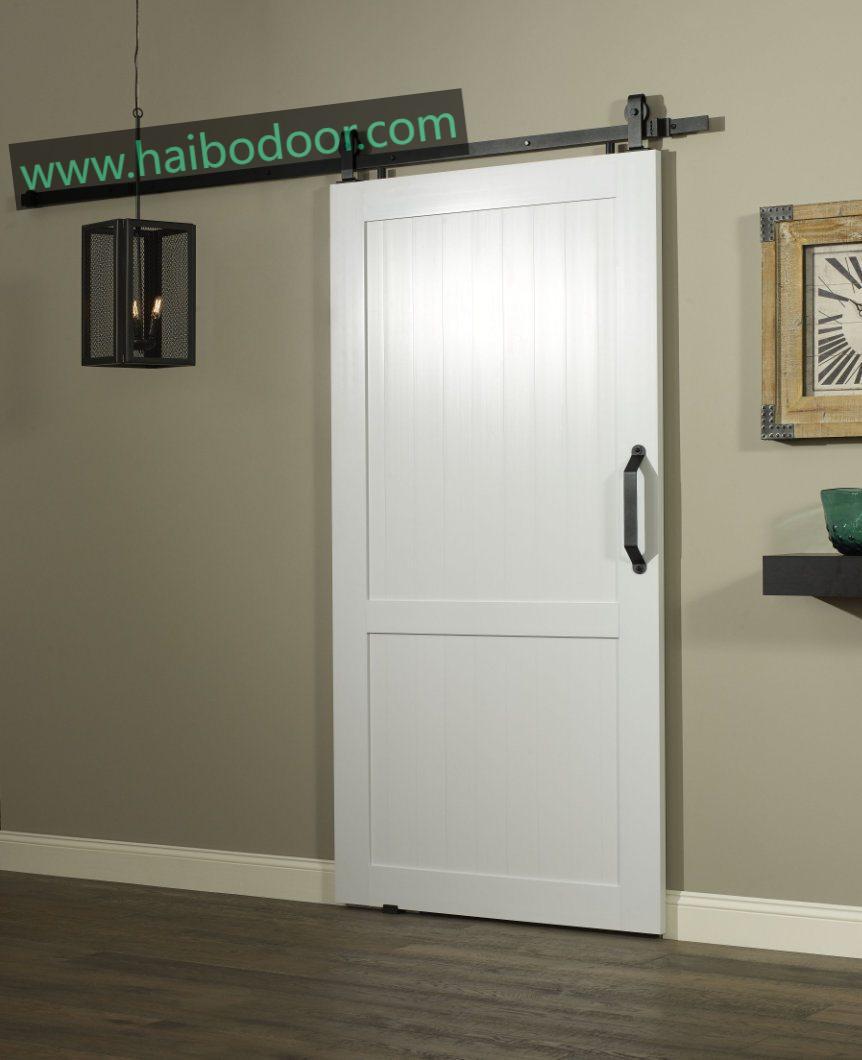The evolving landscape of architectural design has pushed many manufacturers to reevaluate how doors function in different settings. A PVC Door Factory today doesn't just serve one type of client—it meets needs from compact apartments to high-traffic office buildings. As the construction market adapts to new expectations for function, style, and efficiency, the demand for PVC doors in residential and commercial spaces has also shifted.
Growing Focus on Residential Applications
Residential construction continues to explore materials that offer both practical benefits and design flexibility. In private homes, PVC doors have found strong footing due to their ease of maintenance, variety of aesthetic finishes, and resistance to humidity and temperature changes—ideal for interior uses like bathroom doors or kitchen dividers. Homeowners are increasingly looking for materials that blend quietly with home decor while requiring minimal upkeep.
In suburban housing developments or apartment renovations, PVC doors have become a popular standard. Their lightweight nature allows for easy installation and replacement, while advancements in design now offer more options for panel textures, grain effects, and neutral colors. In these contexts, visual integration and insulation performance are key.
Commercial Spaces Require Durability and Uniformity
In contrast, commercial spaces—such as retail stores, hotels, and office complexes—often seek doors with strong durability and consistency across many rooms or units. For a PVC door factory, this means producing higher volumes of identical designs with added emphasis on impact resistance, fire rating compliance, and longevity under frequent use.
Commercial buyers often prefer minimalist designs in neutral shades that match broader architectural themes, like industrial or contemporary styles. Here, performance under stress is prioritized over visual variation. Moreover, some factories have begun incorporating acoustic insulation or smart lock compatibility to support newer demands in office design and hospitality venues.
Diverging Expectations, Unified Production Goals
While the motivations of homeowners and commercial developers differ, a well-established PVC door factory must cater to both without compromising efficiency. For residential demand, small-batch customization and modular components are often needed. For commercial clients, large-scale consistency, short lead times, and standardized sizing are more important.
To meet these diverging expectations, some production facilities are adopting flexible manufacturing systems. This allows them to scale custom designs quickly while also supporting bulk orders with unified specifications. Material sourcing and fabrication processes are evolving to serve both ends of the market without increasing waste or cost.
Sustainability as a Cross-Sector Driver
Across both sectors, sustainability is playing an increasingly central role. Whether for homeowners seeking eco-conscious interiors or businesses aiming to comply with green building standards, many now favor door solutions that reduce environmental impact. PVC's recyclability and its evolving formulations (e.g., lower VOC emissions) are part of why it's being retained even as preferences shift in design.
As construction projects continue to specialize, the PVC door remains a relevant and versatile solution. Whether installed in a modern loft or a commercial hallway, it reflects the dynamic relationship between material technology and architectural purpose. For more information, visit https://www.haibodoor.com/news/industry-news/how-a-pvc-door-factory-creates-quality-and-design-for-everyday-living.html .

